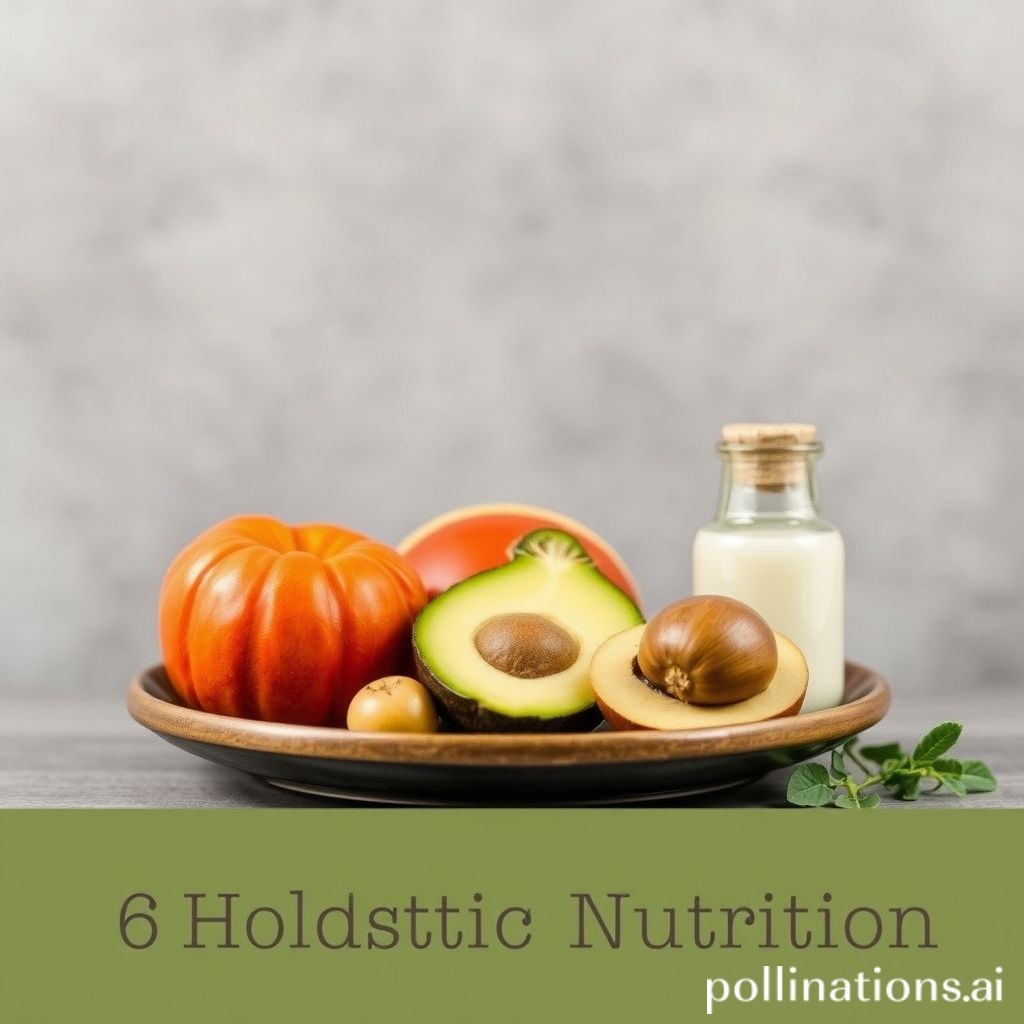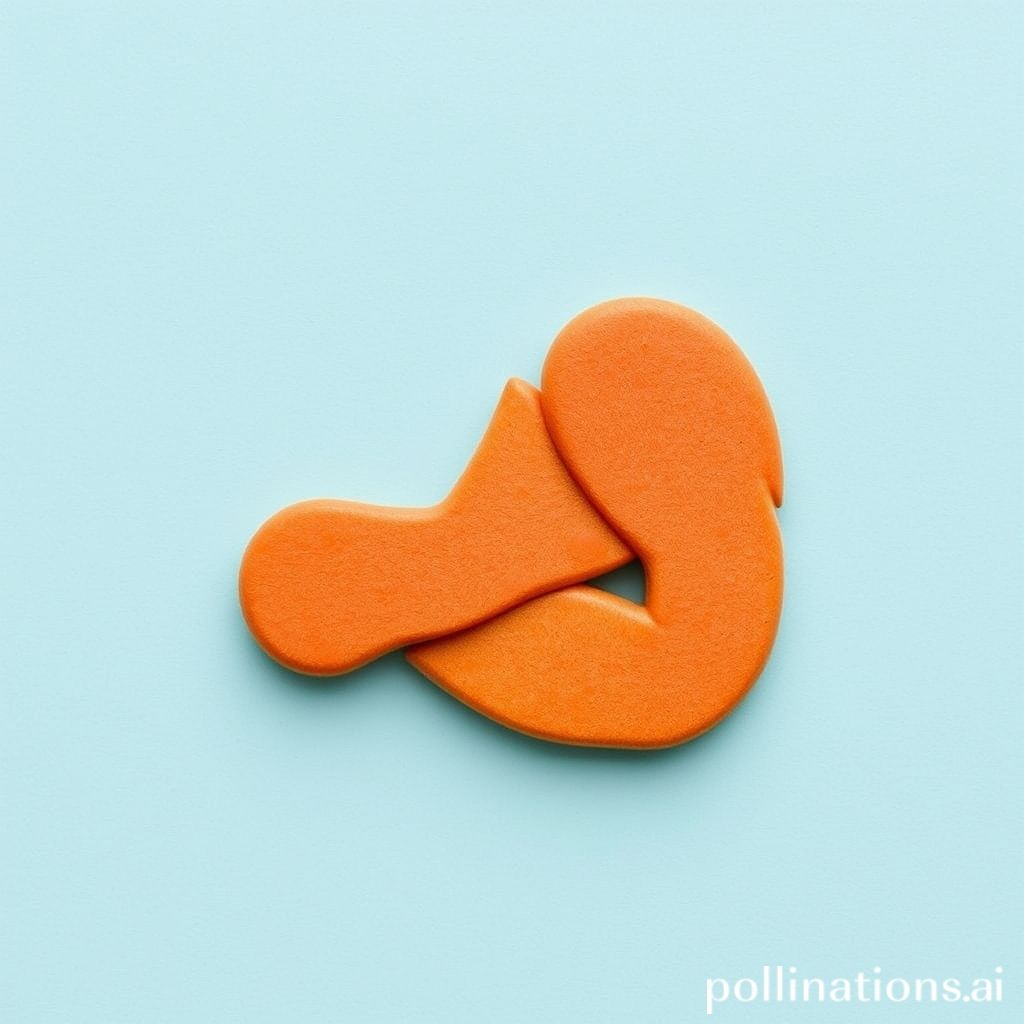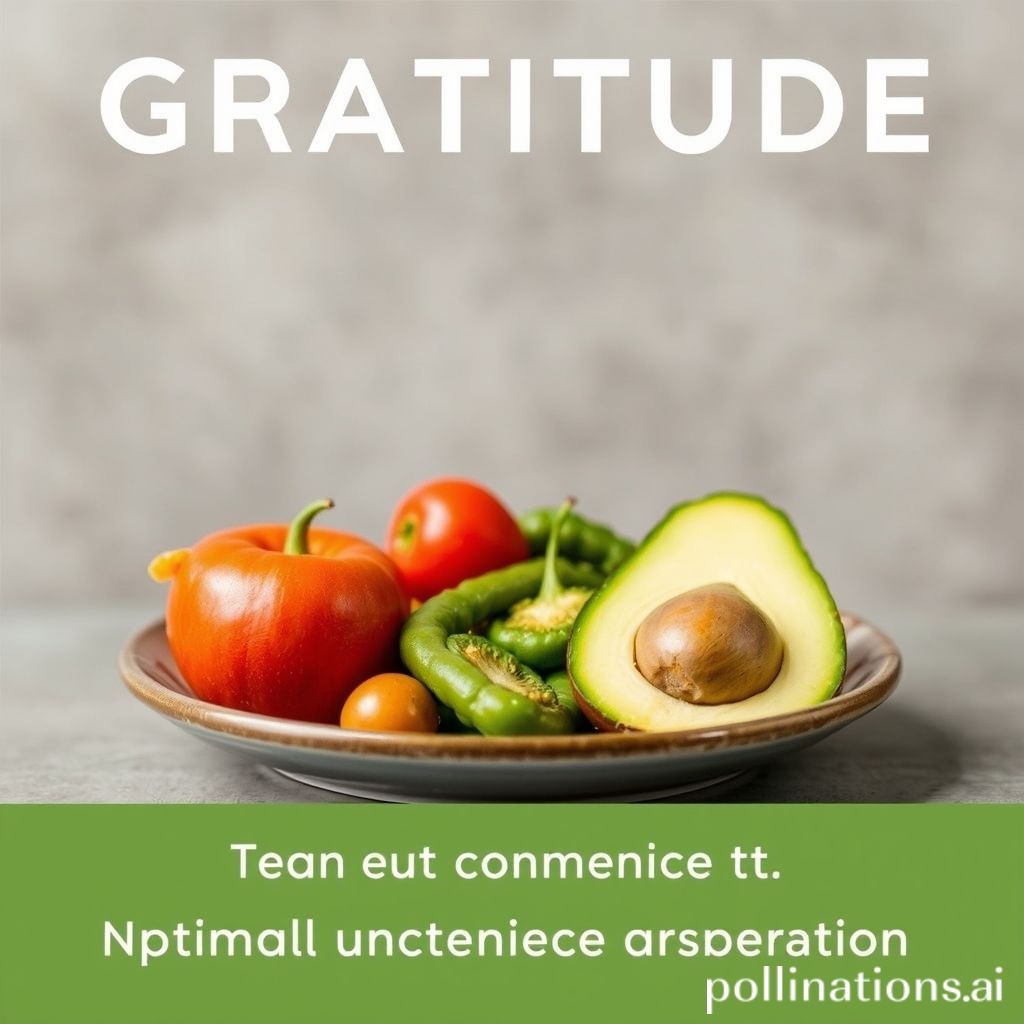Gratitude and holistic nutrition are two concepts that have gained popularity in recent years. Gratitude means expressing appreciation for the good things in life. Holistic nutrition focuses on nourishing the body with whole, natural foods.
Both activities have many benefits for both the body and the mind, like reducing stress and enhancing overall well-being. This article explores how gratitude and holistic nutrition can work together to improve our lives.
The Basics of Holistic Nutrition
In this section, we’ll explore the basic principles of holistic nutrition and the connection between the mind, body, and nutrition. We will also probe into the importance of nourishing your body and soul with whole foods.
Embracing Holistic Nutrition and its Principles
Holistic nutrition is a comprehensive approach to food and health that considers the whole person – mind, body, and spirit. Food matters for both our body and our mind. Holistic nutrition is about the quality of food, its nutrients, and how it affects our body to improve overall health and energy. By apprehending the principles of holistic nutrition, we can make informed choices about our diet and optimize our well-being.
The Connection Between Mind, Body, and Nutrition
The mind-body connection is a fundamental concept in holistic nutrition. It emphasizes the interdependence of our mental, emotional, and physical health. Our thoughts, emotions, and beliefs can impact our food choices and digestion. Similarly, the quality of our nutrition can influence our mood, energy levels, and cognitive function. By nurturing a positive mindset and fueling our bodies with nutrient-dense foods, we can support optimal mental and physical well-being.
Nourishing Your Body and Soul with Whole Foods
Whole foods are unprocessed or minimally processed foods that are as close to their natural state as possible. They are rich in essential nutrients, fiber, and antioxidants, promoting optimal health and vitality. Choose whole foods like fruits, vegetables, whole grains, lean proteins, and healthy fats. These foods nourish our bodies and provide what we need for optimal functioning. Eating whole foods can improve our emotional well-being, boost mood, reduce inflammation, and support a healthy gut.
| Principle | Description |
|---|---|
| Quality over Quantity | Focus on the nutrient density and quality of the food rather than the quantity consumed. |
| Balance and Variety | Aim for a balanced diet that includes a wide range of nutrient-rich foods. |
| Individuality | Recognize that each person has unique nutritional needs and preferences. |
| Mindful Eating | Make the most of your meals by being aware of every bite, listening to your body’s signs of hunger and fullness, and appreciating the act of nourishing yourself. |

The Impact of Gratitude on Digestion
The impact of gratitude on digestion is a fascinating area of study that explores the connection between our mental state and our digestive health. Research has shown that practicing gratitude can have several positive effects on digestion.
1. How Gratitude Enhances Digestive Health
When we feel grateful, our body releases hormones that promote relaxation and reduce stress. This state of relaxation is beneficial for digestion as it allows our body to focus its energy on breaking down food and absorbing nutrients effectively. Gratitude also helps in reducing inflammation in the gut, which can improve overall digestive health.
2. Mindful Eating: Cultivating Gratitude during Meals
Mindful eating is a practice that involves being fully present and attentive in the course of eating. When we approach our meals with gratitude, we are more likely to savor and appreciate the flavors and textures of our food. This mindful eating experience can intensify digestion by stimulating the release of digestive enzymes and promoting better nutrient absorption.
One way to cultivate gratitude during meals is by manifesting gratitude for the food we eat. Taking a moment to acknowledge the efforts that went into growing, preparing, and serving the meal can create a sense of appreciation and optimize the overall dining experience.
3. The Role of Gratitude in Reducing Stress and Enhancing Nutrient Absorption
Chronic stress can have detrimental effects on digestion, leading to issues such as bloating, indigestion, and nutrient malabsorption. Gratitude has been found to be effective in reducing stress levels, which can indirectly improve digestion. When we practice gratitude, we shift our focus from negative thoughts and worries to positive aspects of our lives, reducing stress and promoting a healthier digestive system.
Furthermore, gratitude can optimize nutrient absorption by improving the function of the enteric nervous system, which is responsible for regulating digestion. When we are in a state of gratitude, the enteric nervous system functions optimally, promoting better nutrient absorption and overall digestive health.
Gratitude and the Gut-Brain Connection
Gratitude is a powerful emotion that can have a profound impact on our overall well-being, including our gut health. In this section, we will investigate the relationship between gratitude and gut health, the influence of gratitude on our mood and mental well-being, and how to incorporate gratitude practices for a healthy gut.
1. Surveying the Relationship Between Gratitude and Gut Health
Recent research has shown that there is a strong connection between gratitude and gut health. Studies have found that practicing gratitude can improve digestion, reduce inflammation in the gut, and promote the growth of beneficial gut bacteria. By manifesting gratitude, we can create a positive environment in our gut, which can have a significant impact on our overall health.
2. The Influence of Gratitude on our Mood and Mental Well-being
Gratitude has been shown to have a profound influence on our mood and mental well-being. When we practice gratitude, we shift our focus from negativity and stress to positivity and appreciation. This shift in mindset can help reduce symptoms of anxiety and depression, improve sleep quality, and intensify overall mental well-being. By cultivating gratitude, we can create a harmonious connection between our gut and brain.
3. Coalescing Gratitude Practices for a Healthy Gut
There are various ways to incorporate gratitude practices into our daily lives to promote a healthy gut. One simple practice is to keep a gratitude journal, where we write down things we are grateful for each day. This practice helps us cultivate a sense of appreciation and can positively impact our gut health. Additionally, practicing mindfulness and meditation can also optimize our ability to experience and express gratitude, benefiting both our gut and overall well-being.

Gratitude for Optimal Nutrient Absorption
Gratitude, a powerful emotion, has been found to have a profound impact on various aspects of our lives. Did you know that practicing gratitude can also augment the bioavailability of nutrients in our bodies? In this section, we will scrutinize the fascinating connection between gratitude and nutrient assimilation, and how gratitude practices can optimize digestion and absorption.
1. The Connection Between Gratitude and Nutrient Assimilation
Research has shown that our mindset and emotional state can influence the way our bodies process and absorb nutrients. When we experience feelings of gratitude, it triggers a cascade of positive physiological responses in our bodies, including the release of digestive enzymes and the stimulation of the parasympathetic nervous system. These factors contribute to improved nutrient assimilation, ensuring that our bodies can fully benefit from the nutrients we consume.
2. Practicing Gratitude to Amplify the Bioavailability of Nutrients
3. Optimizing Digestion and Absorption through Gratitude Practices
In addition to voicing gratitude before meals, there are other gratitude practices that can further optimize digestion and absorption. One such practice is keeping a gratitude journal, where you can write down things you are grateful for each day. This practice not only cultivates a mindset of gratitude but also helps reduce stress and improve overall well-being, which can indirectly enrich nutrient assimilation.
| Key Points: | Data/Information: |
|---|---|
| Gratitude enhances nutrient assimilation | Research studies |
| Positive physiological responses | Release of digestive enzymes, stimulation of parasympathetic nervous system |
| Verbalizing gratitude before meals | Promotes optimal digestion and absorption |
| Keeping a gratitude journal | Reduces stress, improves well-being |

Nourishing Your Body and Mind with Gratitude
Gratitude plays a significant role in our lives, not only in cultivating positive emotions but also in nourishing our body and mind. In this section, we will traverse the power of gratitude as a tool for mindful eating, developing a positive relationship with food, and achieving balanced nutrition.
1. Gratitude as a Tool for Mindful Eating
Mindful eating is the practice of bringing awareness to the present moment and savoring each bite. By encompassing gratitude into our eating habits, we can empower this experience. Articulating gratitude for the food we consume allows us to appreciate its flavors, textures, and nourishing properties. It helps us slow down and truly enjoy the act of eating, leading to better digestion and overall satisfaction.
2. Cultivating a Positive Relationship with Food through Gratitude
Gratitude can also help us develop a positive relationship with food. Rather than viewing food as mere sustenance, manifesting gratitude for the abundance of nourishment it provides allows us to appreciate its role in our well-being. This shift in perspective fosters a healthier relationship with food, promoting mindful choices and reducing the likelihood of restrictive or unhealthy eating habits.
3. Harnessing the Power of Gratitude for Balanced Nutrition
When we approach food with gratitude, we become more aware of the nutrients it contains and the impact it has on our bodies. This awareness enables us to make informed choices that support balanced nutrition. By conveying gratitude for the variety of foods available to us, we can create a diverse and nutrient-rich diet. Furthermore, gratitude can help us overcome cravings and make conscious decisions that align with our health goals.
| Benefits of Gratitude in Nourishing Your Body and Mind: |
|---|
| – Enhanced enjoyment of food through mindful eating |
| – Improved relationship with food and reduced risk of unhealthy habits |
| – Informed choices and balanced nutrition |
| – Overcoming cravings and aligning with health goals |
Read More:
1. Eat Mindfully: Culinary Joy with Gratitude
2. Discover Yourself: Gratitude’s Journey Inward